Nigeria In-country Work
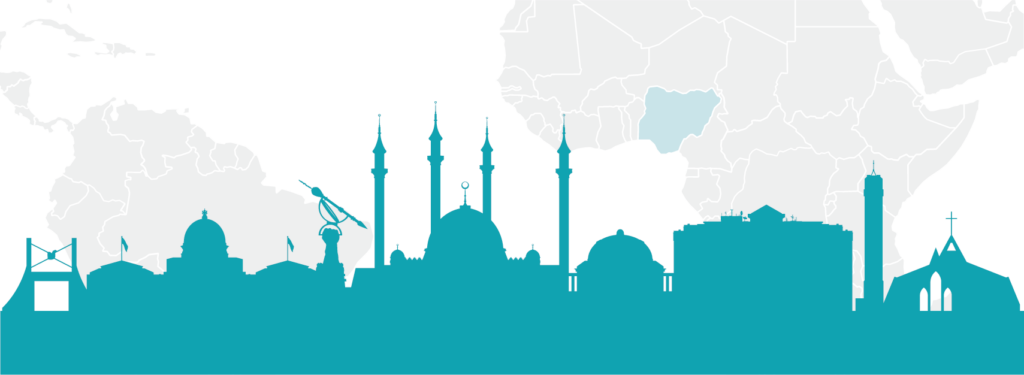 Net Zero & Long-Term planning | Development & Climate interface | Energy systems modelling | Macroeconomic modelling | Power sector | Oil&Gas sector | Transport sector | Industrial Sector | Residential Sector AFOLU sector
Net Zero & Long-Term planning | Development & Climate interface | Energy systems modelling | Macroeconomic modelling | Power sector | Oil&Gas sector | Transport sector | Industrial Sector | Residential Sector AFOLU sector Senegal In-country Work
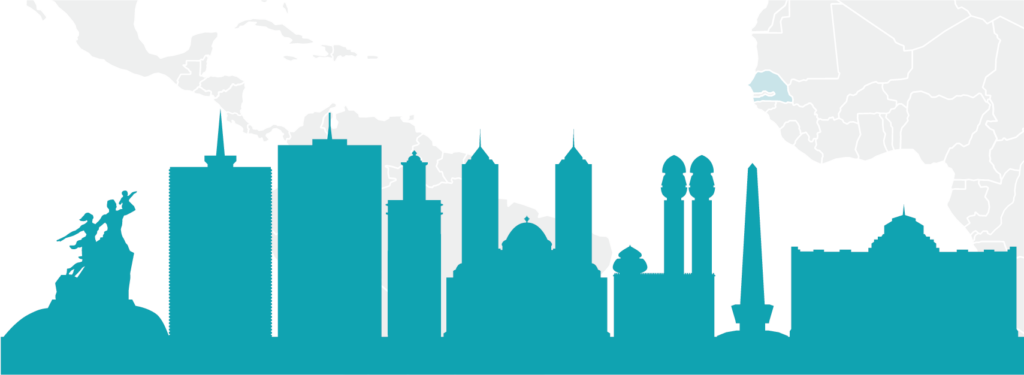
Net Zero & Long-Term planning | Development & Climate interface | Energy systems modelling | Macroeconomic modelling | Power sector | Oil&Gas sector | Transport sector | Industrial Sector | Residential Sector | AFOLU sector
Mexico In-country Work
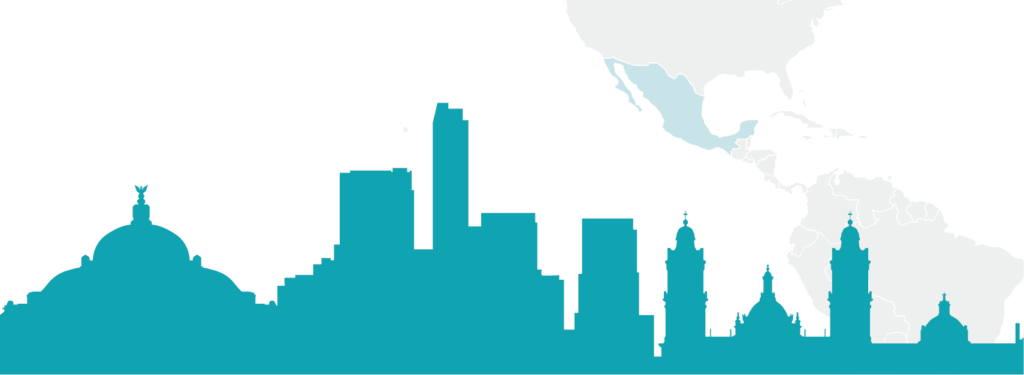
Net Zero & long-term planning | Clean power and energy systems | Macroeconomic and trade balance implications of fossil fuel phase out | Urban structure and emissions reductions | Energy and climate policy development | Climate technology strategies for developing countries | National systemic transformations | Just Transitions & socio-economic implications of the transitions | Development & climate interface | International climate collaborations | Governance & public policy
India In-country Work

Net Zero & long-term planning | Clean power and energy systems | Coal transitions | Land-use and food transformations | National systemic transformations | Sustainable Transitions & socio-economic implications of the transitions | Finance and business engagement | Development & climate interface | International climate collaborations | Governance & public policy | Industrial decarbonization Adaptation to impacts of climate change
China In-country Work
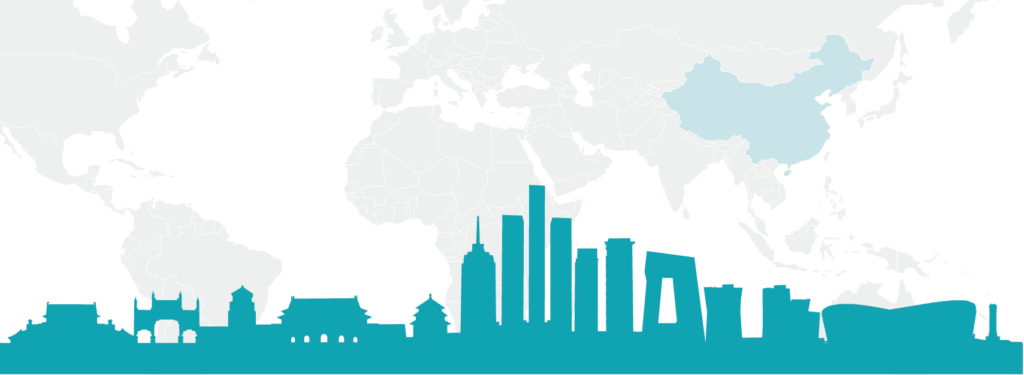
Net Zero & long-term planning | Clean power and energy systems | National systemic transformations | Just Transitions & socio-economic implications of the transitions | Development & climate interface | International climate collaborations | Governance & public policy | Coal transitions | Methane and non-CO2 mitigation
Brazil In-country Work
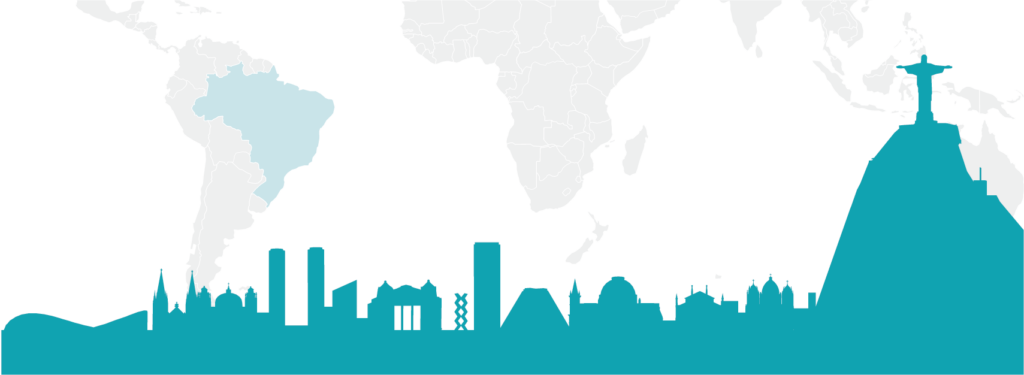
Net Zero & long-term planning | Clean power and energy systems | Land-use and forestry transformations | Low-carbon agriculture and husbandry | National systemic transformations | Just Transitions & socio-economic implications of the transitions | Economics & investments | Finance and business engagement | Development & climate interface | International climate collaborations | Governance & public policy | Industrial decarbonization | Low-carbon transport systems | Design of Carbon pricing schemes
The limitations of CCS and CDR and their grip on our future climate | Explained

State of COP28 talks: Little progress, no clear way forward on international cooperation
COP28: Developing nations can learn from Nigeria’s emission strategy – Experts

Los tres temas cruciales de la COP28 en Dubái
